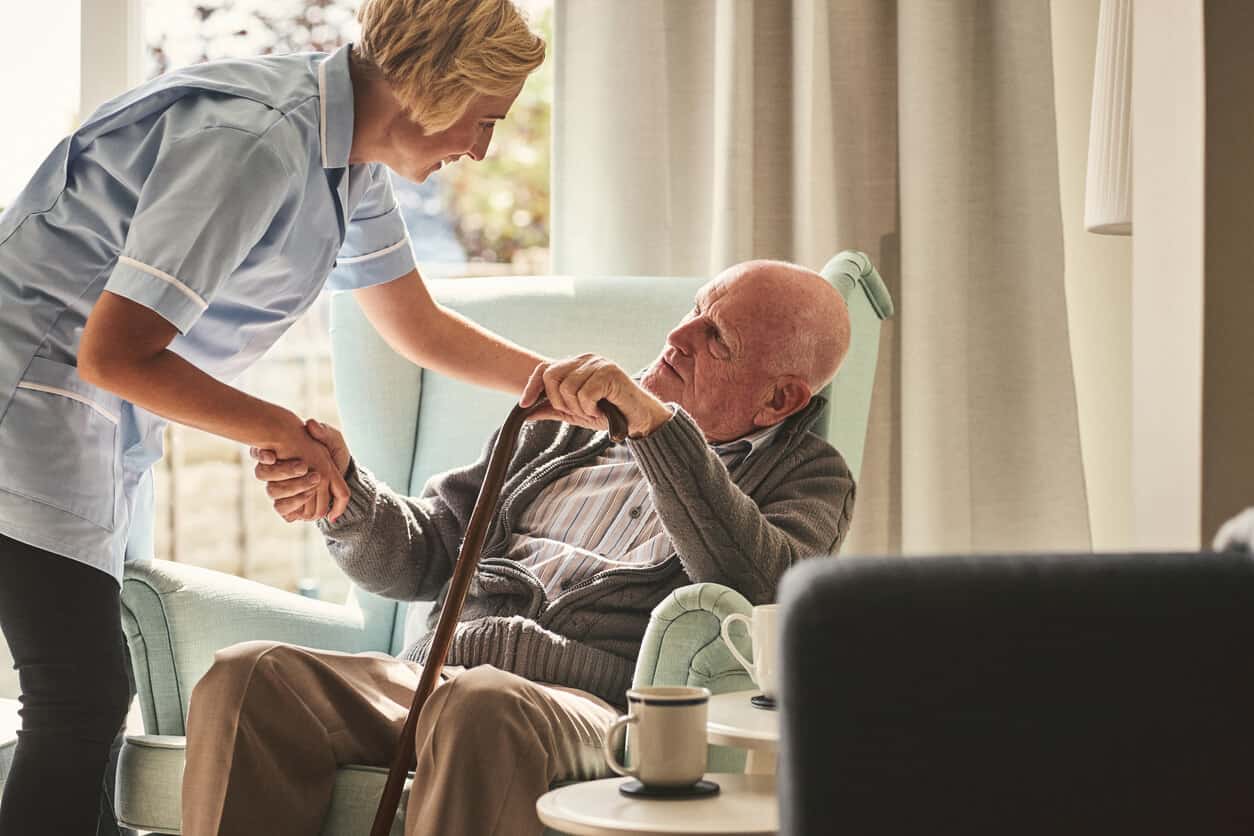
Muscular dystrophies are a group of genetic disorders characterized by progressive muscle degeneration and weakness. These conditions can significantly impact a person’s mobility and independence, requiring specialized care and support. Live-in care has emerged as a valuable option for individuals with muscular dystrophies, providing round-the-clock assistance and personalized attention. Here’s a closer look at how live-in care can make a difference in the lives of those with muscular dystrophies.
Comprehensive Support
Live-in care offers comprehensive support tailored to the unique needs of each individual with muscular dystrophies. Caregivers are trained to assist with activities of daily living, such as bathing, dressing, and eating, while also providing companionship and emotional support. This level of care can help improve quality of life and enhance overall well-being.
Mobility Assistance
Maintaining mobility is crucial for individuals with muscular dystrophies, as it can help prevent muscle deterioration and improve overall health. Live-in caregivers can assist with mobility exercises, transfers, and transportation to medical appointments, ensuring that individuals remain as active and independent as possible.
Medication Management
Proper medication management is essential for managing symptoms and slowing the progression of muscular dystrophies. Live-in caregivers can help individuals adhere to their medication schedules, ensuring that they receive the right medications at the right times. This level of support can help prevent complications and improve treatment outcomes.
Emotional Support
Living with muscular dystrophies can be challenging, both physically and emotionally. Live-in caregivers provide emotional support and companionship, offering a sense of reassurance and security. This can help individuals cope with the emotional impact of their condition and maintain a positive outlook on life.
Family Support
Live-in care also benefits family members by providing them with much-needed respite and peace of mind. Knowing that their loved one is in capable hands allows family members to take a break from caregiving responsibilities and focus on their own well-being. This can help prevent caregiver burnout and strengthen family relationships.
Conclusion
Live-in care plays a vital role in supporting individuals with muscular dystrophies, offering comprehensive assistance, mobility support, medication management, emotional support, and family support. By choosing live-in care, individuals with muscular dystrophies can receive the personalized care they need to live a fulfilling and independent life.
